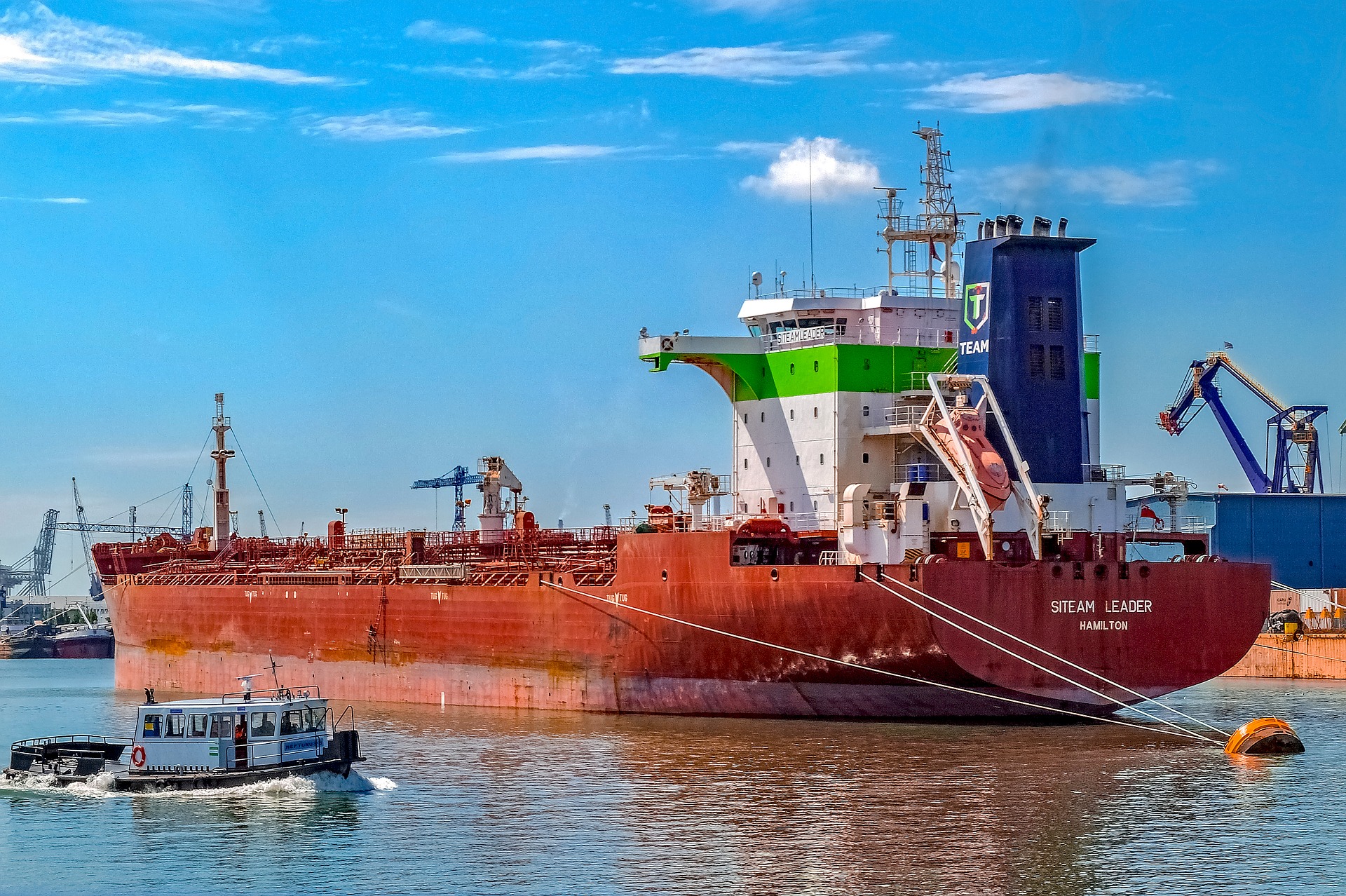
LNG exports have grown rapidly due to the surplus of cheap natural gas, coal-to-gas switching, and decarbonization incentives. While the potential of LNG is promising, its outlook is uncertain as its value proposition of low emissions is increasingly being challenged. Investor pressures on ESG and a push towards an energy transition are encouraging oil and gas majors to take on decarbonization initiatives. The ESG scrutiny of the natural gas industry and its methane emissions are challenging its role as a bridge fuel even as coal-to-gas drastically reduced CO2 emissions. While natural gas-fired power plants emits 50 – 60% less CO2 than coal-fired plants, its production and transportation is responsible for leaks which are the focus of ESG pressure. In October 2020 Engie canceled a 20-year LNG contract with NextDecade citing environmental concerns of shale gas. The increased scrutiny of LNG has led to interest in carbon neutral LNG.

Carbon neutral LNG certifies and offsets carbon emissions associated with the production, transportation, and liquefaction of natural gas through use of carbon credits, carbon capture technologies, or other renewables. Shell delivered the first carbon neutral LNG shipment to Tokyo Gas in Japan in 2019 and since then there have been seven carbon neutral LNG shipments in total. A timeline of carbon neutral LNG initiatives and shipments is shown in Figure 1. Carbon neutral LNG shipments represent a fraction of the nearly 5500 LNG cargoes delivered, but the number of shipments are expected to rise sharply as environmental scrutiny increase. Japan, the largest importer of LNG, set a goal to become carbon neutral by 2050 and will incorporate carbon neutral LNG. The Carbon Neutral LNG Buyers Alliance, composed of 14 leading Japanese companies, was established to spread the use of carbon neutral LNG and promote awareness of decarbonized cargoes. The alliance also hopes to push investment institutions to evaluate carbon neutral LNG and promote further investment opportunities.
Carbon neutral LNG will play a key role in reducing methane emissions along the natural gas value chain and maximizing LNG’s role in the energy transition. ADI closely follows LNG markets and decarbonization initiatives and has recently concluded a study on global small-scale LNG. The report takes a comprehensive look at regional demand, supply, infrastructure, costs, economics, and pricing, projects and players, and the technology landscape. Contact us here to learn more.
-Brandon Johnson & Uday Turaga



















